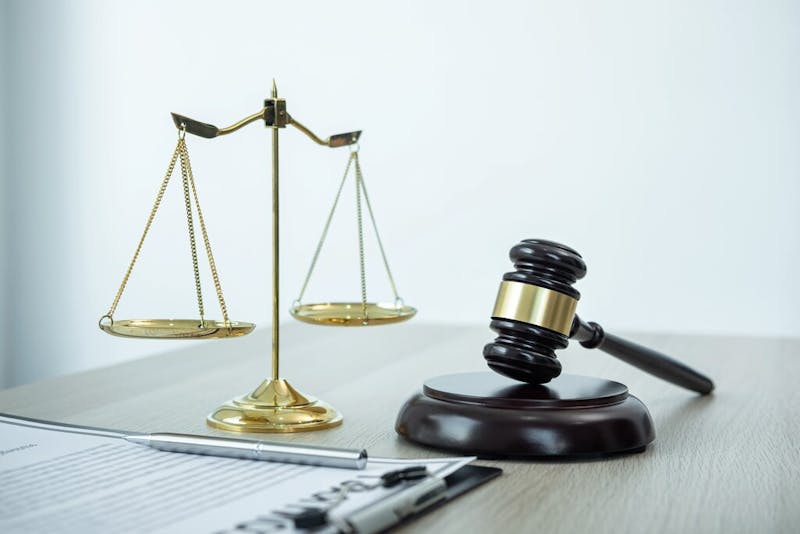
You’re enjoying a night out with friends and family at a bar. Over the course of the evening, you have a few drinks but don’t feel intoxicated. As the night winds down, you head to your car in the bar’s parking lot. While walking, you trip over a large pothole you didn’t notice. The fall causes serious injuries, including a fractured ankle, and requires surgery. In addition to missing work and piling up medical bills, you now face the alcohol or drug defense. The bar’s legal team claims you were intoxicated and therefore are responsible for your injuries.
Despite your injuries, the bar’s insurance company refuses to offer a fair settlement. When you file a lawsuit, the bar’s defense lawyer argues that you were intoxicated at the time of the accident. They claim this makes you responsible for your own injuries. Can they do that? The answer is yes, but this defense—commonly known as the alcohol or drug defense—is often not as strong as defense attorneys or insurers might suggest.
The Alcohol or Drug Defense in Florida Law
Florida law allows a defendant to raise the alcohol or drug defense as an affirmative defense in personal injury cases. To succeed, the defendant must meet two conditions. First, they must prove you exceeded the legal limit of 0.08 blood alcohol content or were impaired by drugs or alcohol to the extent that your normal faculties were affected. Second, they must show you were more than 50% responsible for the incident.
However, this is often harder to prove than many think. For example, a breathalyzer can easily determine the driver’s blood alcohol content (BAC) in a drunk driving case. But in a trip-and-fall case, such as your accident in the bar’s parking lot, proving your level of intoxication is much more difficult. Paramedics and hospital staff focus on treating your injuries, not measuring your BAC.
The Challenge of Proving Fault
To successfully use the alcohol or drug defense, the defendant must also convince the jury that you were primarily responsible for the accident. Essentially, they’re victim-blaming. In your case, the defense lawyer must argue that, despite your severe ankle injury, you shouldn’t receive any compensation. Juries, made up of ordinary people, are often unsympathetic to such arguments. Most people understand the long-term effects an injury can have on someone’s life and may not respond well to victim-blaming tactics.
Contact Schwed, Adams & McGinley
At Schwed, Adams & McGinley, P.A., our experienced personal injury attorneys have over 200 years of combined experience representing victims in trip-and-fall accidents and other personal injury cases. We know how to handle difficult defenses and secure maximum compensation for our clients. If you or a loved one has been injured due to someone else’s negligence, contact Schwed, Adams & McGinley today at 877-694-6079 or [email protected] for a free consultation.
